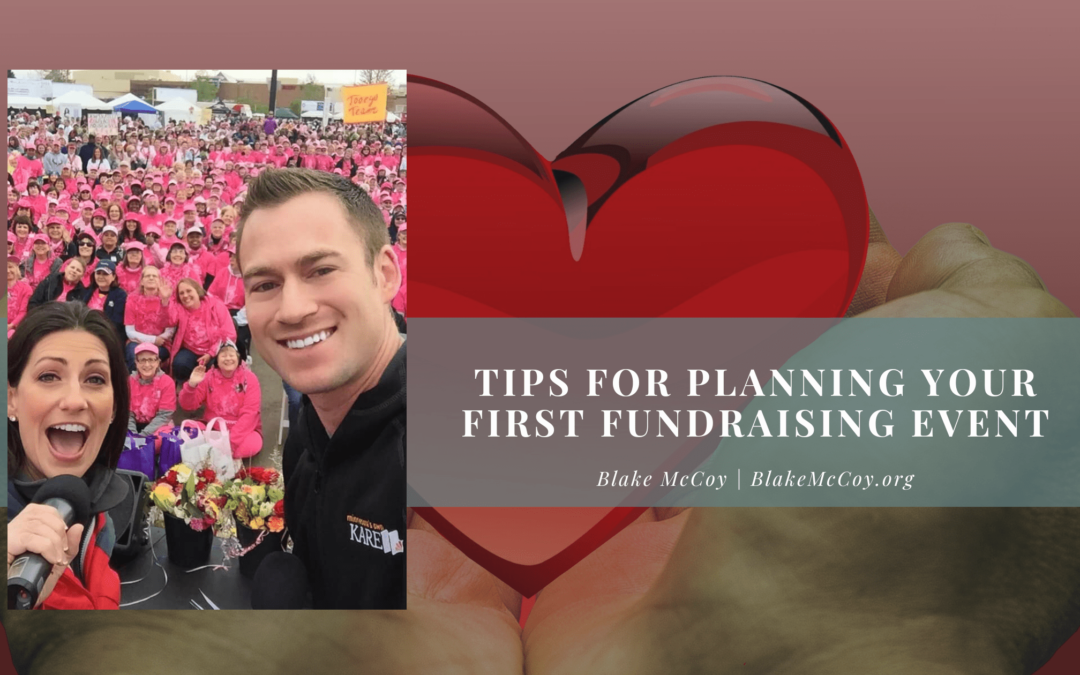Planning its first event is one of the most critical factors a new nonprofit needs to consider when developing its operations. These tips will help you plan a fundraising event that will leave a lasting impression on your attendees and help build a stronger relationship with them.
Ask Yourself If An Event Is The Best Option
Although events can be fun and beneficial, they may not be the best option for your organization. Instead of an extravagant affair, consider holding a more feasible event, such as getting sponsorships, grants, or individual donations.
Think About The Audience
Before you start planning an event, it’s crucial that you identify the people who are most likely to attend and support your cause. This will help you determine the type of people most interested in attending and help you reach your goals.
Develop a Goal
As the event planner, you should brainstorm a clear call to action that explains what your attendees should expect. Make sure that the goal that you’re planning on setting is specific and measurable. Having a goal that’s not specific and measurable can be very harmful for an organization.
Create a Budget
If you’re planning on holding a fundraising event, make sure to limit the amount of money you spend on various items. If you’re worried about funding the event, contact corporate sponsors.
Choose an Event Style
The type of event that you’re planning on holding should also be based on your audience, goals, and budget. Even though the traditional fundraisers might be successful, it’s also crucial that you try something new. Instead of following the same old formula, try organizing an event different from the usual one.
Excite Your Guests
Ensure your event shows the community how your cause can make a difference. You can inspire people and get them talking by using inspirational quotes from your previous victories. If your guests or non-attendees are inclined to give, they can do so by making a monetary contribution beyond the registration fee.
Advertise
You can use word-of-mouth to get the word out about your event and encourage your community members to do the same. One of the most effective ways to get people talking about your event is by posting on various social media platforms.
Reflection
After the event, you must look back to see if it was successful. You’ll also need to figure out what went wrong and how it can be improved in the future. This is very important to help you find a process that works for you and your supporters.

